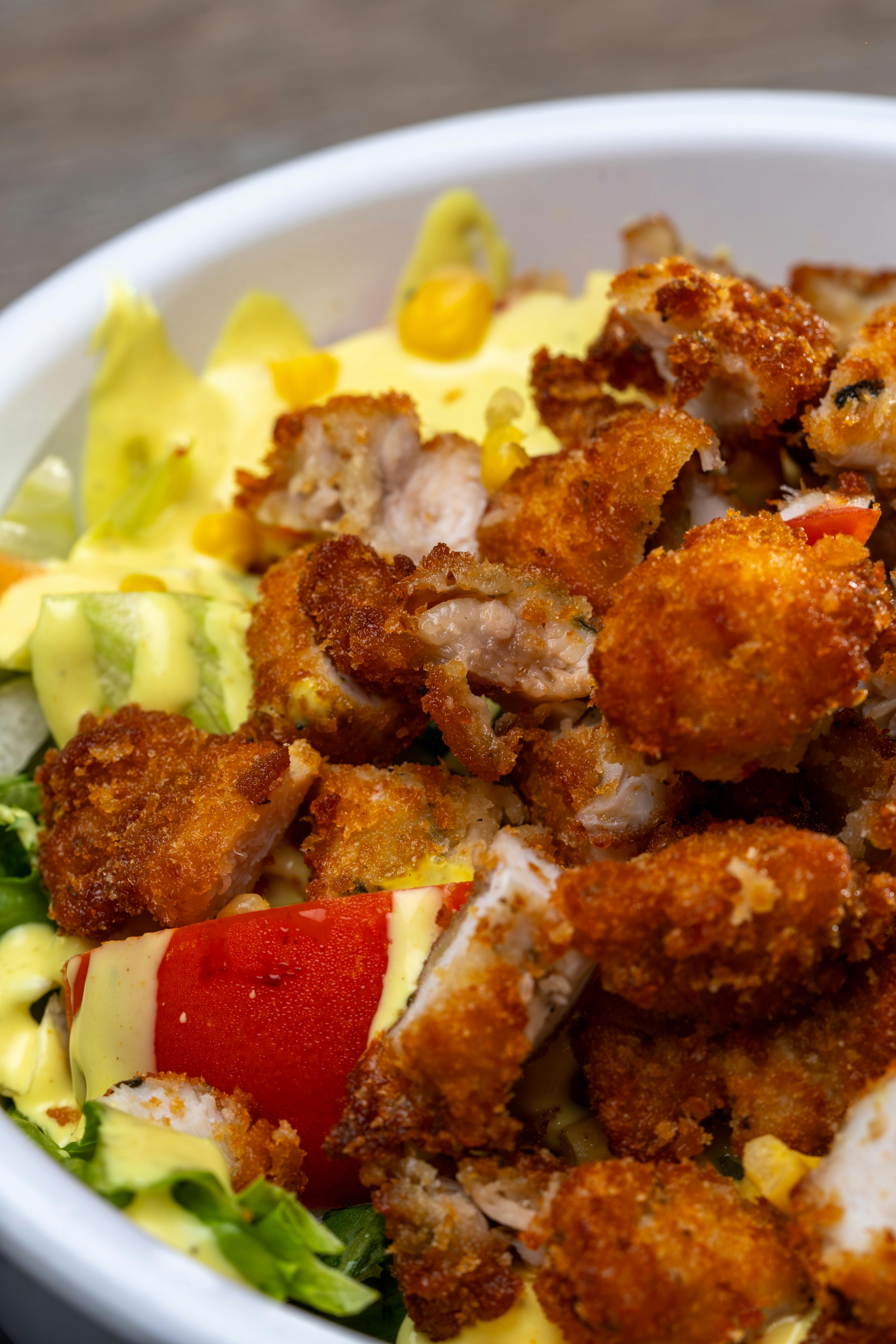
Effective Ways to Optimize Your Diet After Colonoscopy in 2025
Understanding what to consume post-colonoscopy is crucial for a smooth recovery. Not only can the right diet mitigate side effects like bloating and discomfort, but it can also aid in restoring your digestive health. In this comprehensive guide, we will explore the importance of a post-colonoscopy diet, including recommended foods, meal plans, and hydration tips to support your recovery. Additionally, we'll provide insights into how different foods contribute to healing and overall wellness.
Colonoscopy recovery is a time when your body needs gentle treatment. Soft and easily digestible foods are essential, along with an emphasis on hydration. This article will cover the best foods for colonoscopy recovery, suggest recipes, and detail what to avoid, creating a roadmap for nutritious healing. Prepare to reclaim your healthy eating habits as we guide you through effective meal recommendations and dietary strategies following your colonoscopy.
Foods to Eat After Colonoscopy for Optimal Recovery
Post-colonoscopy, it's important to focus on soft foods and easily digestible items that can help your body recover without causing additional discomfort. First and foremost, bland foods like applesauce, plain rice, or bananas are excellent options. They provide nutrients without overwhelming the digestive system.
Moreover, consider incorporating clear broths and soups into your meals. These not only ease the digestive burden but also aid hydration. Examples include chicken or vegetable broth, which can keep you nourished while providing essential fluids.
Probiotics are also a significant addition to your post-colonoscopy diet. Foods such as yogurt and kefir can help in restoring your gut flora after the procedure. Including these in your meals can accelerate your recovery by enhancing your digestive health.
Don't forget about hydration, which is vital post-procedure. Drink plenty of fluids, including water and herbal teas, to support digestion and prevent constipation. Aim for clear liquids immediately after your procedure, gradually transitioning to solid foods as you feel comfortable.
High-Fiber Foods to Incorporate Gradually
As you start reintroducing more foods into your diet, fiber plays a key role in promoting healthy digestion. However, it’s essential to increase fiber intake gradually to avoid gastrointestinal distress. Start with low-residue foods like oatmeal, cooked vegetables, and soft fruits.
Once you're comfortable, include fiber-rich options like whole grains, legumes, and nuts, all known for their digestive health benefits. Monitoring your body's response to these foods can help identify which fiber sources work best for your recovery.
Hydration After Colonoscopy: Importance and Tips
Post-operative hydration cannot be overstated. Hydration helps in flushing out toxins, and it aids in digestive processes. During recovery, aim to drink at least 8-10 cups of fluids daily. This could include water, herbal teas, or electrolyte-rich beverages, especially if you experience any nausea.
Furthermore, avoiding caffeine after colonoscopy is advisable as caffeine can lead to dehydration and stomach upset. Stick with lighter drinks that are easy on your stomach, especially in the early days of recovery.
Recommended Meal Plan for Post-Colonoscopy Recovery
A well-structured meal plan can significantly enhance your healing process. Begin your day with easy-to-digest options like a banana smoothie with yogurt for probiotics and hydration. Follow this with a light lunch such as vegetable soup with a side of white rice.
For dinner, consider steamed chicken or fish paired with soft, cooked vegetables. Opt for gentle seasonings like dill and lemon juice, avoiding spicy or gas-producing foods that could upset your stomach.
Snacks can include soft cheeses or low-fat yogurt, both of which introduce beneficial nutrients while maintaining ease of digestion. To cap off your day, incorporating herbal teas can aid in smooth digestion and provide additional hydration.
Foods to Avoid After Colonoscopy
While it’s crucial to focus on what to eat, knowing what to avoid is equally important for recovery. Steer clear of tough meats, dairy products, and high-fiber foods initially, as these can cause discomfort and bloating. Foods like red meat, spicy dishes, and any item with high-fat content should be limited until your digestive system re-adjusts.
Moreover, processed foods, especially those high in sugar or fat, can impede your recovery and should be avoided. Focus on whole, natural foods that promote healing. Avoiding gas-producing foods is also recommended to alleviate any potential discomfort.
Nutrition Tips for Smooth Colonoscopy Recovery
Maintaining a nutritious and balanced diet post-colonoscopy can ensure a smoother recovery process. Paying attention to your body’s needs and gradually reintroducing foods can help in managing any side effects effectively. Monitoring your digestion regularly will aid in identifying how various foods affect you.
Additionally, consider tracking your food intake to understand which meals are most beneficial for you and which to avoid. Consult with a dietitian for personalized advice tailored to your nutritional needs. This professional guidance can also ensure that you're getting enough essential vitamins and nutrients during your healing phase.
Common Questions About Post-Colonoscopy Diet
As you contemplate your post-colonoscopy dietary requirements, you may have several questions. Here, we address some common queries:
What to Eat First After Colonoscopy?
Typically, clear liquids are recommended upon discharge, gradually progressing to bland, solid foods as tolerated. Start with options like toast, applesauce, and broths.
Is Weight Gain Common After a Colonoscopy?
It's not uncommon for individuals to experience slight weight fluctuations primarily due to changes in fluid retention and diet alterations after the procedure.
How Soon Can I Return to My Regular Diet?
Most people can reintroduce their normal foods within a week, but monitoring your body's reactions is vital. A gradual return helps minimize discomfort.
By focusing on proper nutrition, hydration, and awareness of your body's signals, you're establishing a solid foundation for a successful recovery post-colonoscopy. Remember, your health journey continues after your procedure, and choosing the right foods can facilitate a smooth and quick transition back to your normal routine.